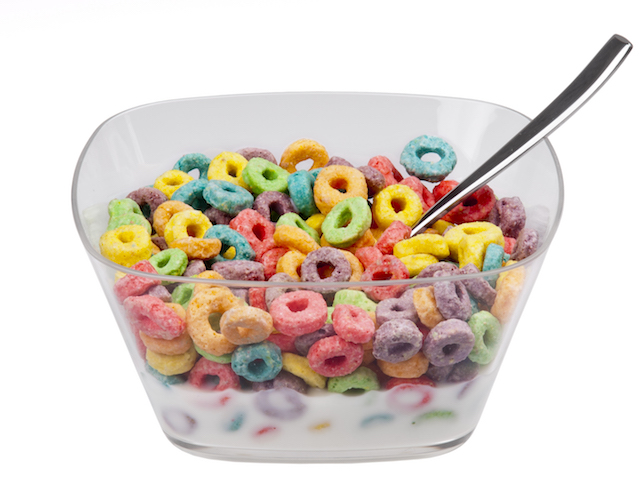Ultra-processed foods are associated with a rogues’ gallery of health problems, including elevated risk for obesity, dementia, type 2 diabetes, and heart disease.
Yet despite experts’ warnings, ultra-processed foods are satisfying, cheap, and easy, making them popular across much of the world. In the US, more than half of all calories adults consume at home now come from ultra-processed foods.
As researchers race to keep up, the list of suspected risks continues to grow.
According to an international team of researchers who analyzed decades of records from tens of thousands of health workers, people who eat a lot of ultra-processed foods are more likely to have early signs of Parkinson’s disease than those who don’t.
This does not prove causation, but it does reveal a noteworthy association, especially in the broader context of health concerns related to ultra-processed foods. It also adds to mounting evidence that diet is key to brain health.
“Eating a healthy diet is crucial as it has been associated with a lower risk of neurodegenerative diseases, and the dietary choices we make today can significantly influence our brain health in the future,” says co-author Xiang Gao, a nutritional epidemiologist with the Institute of Nutrition at Fudan University in Shanghai.
In the new study, researchers focused on signs of Parkinson’s disease that appear before more specific symptoms develop, which can include body pain, constipation, depressive symptoms, excessive daytime sleepiness, and an impaired sense of smell. At this stage, while patients may not have characteristic features of the disease, neurodegeneration may have already begun.
“There’s growing evidence that diet might influence the development of Parkinson’s disease. Our research shows that eating too much processed food, like sugary sodas and packaged snacks, might be speeding up early signs of Parkinson’s disease,” Gao says.
The researchers conducted a longitudinal analysis using data from the Nurses’ Health Study and the Health Professionals Follow-Up Study, letting them track details about the diet and health of nearly 43,000 people for up to 26 years.
This sample included men and women with an average age of 48 years, who had no history of Parkinson’s disease. The subjects had received regular medical exams and completed biennial health questionnaires, which Gao and his colleagues reviewed for early signs of Parkinson’s disease.
Subjects also submitted responses to surveys at two- to four-year intervals, offering insight into their dietary habits. Researchers used this to estimate each subject’s average daily ingestion of ultra-processed foods, as defined by the Nova classification system for food processing.
The study covered several types of ultra-processed foods, including sauces, spreads, or condiments; artificially or sugar-sweetened beverages; packaged savory snacks; packaged sweets; snacks or desserts; yogurt or dairy-based desserts; and animal-based products.

Subjects were split into five groups based on their consumption of ultra-processed foods. Those in the highest group ate 11 or more servings per day on average, while the lowest group averaged fewer than three daily servings.
The researchers adjusted for factors such as age, alcohol intake, body mass index, caffeine intake, physical activity, and tobacco smoking, among others.
Subjects who ate 11 or more daily servings of ultra-processed foods were 2.5 times likelier to have at least three early signs of Parkinson’s disease compared with subjects who ate fewer than three servings per day, the authors report.
Higher consumption of ultra-processed foods was linked with increased risk of almost all early signs of Parkinson’s disease used in this study, they found, with the exception of constipation.
There are some important caveats to these findings. They show an association between ultra-processed foods and increased risk for early signs of Parkinson’s disease, but more research is needed to clarify the nature of the relationship.
The focus on early signs of Parkinson’s disease also involves some ambiguity, as the authors acknowledge, since these are potential hints of the condition rather than definitive indicators.
Many of the early signs – body pain, for example, or daytime sleepiness – are common as people age and don’t necessarily herald Parkinson’s disease.
All of these features considered in composite, however, are “strongly predictive” of subsequent Parkinson’s disease diagnoses, the researchers write.
“Choosing to eat fewer processed foods and more whole, nutritious foods could be a good strategy for maintaining brain health,” Gao says.
“More studies are needed to confirm our finding that eating less processed food may slow down the earliest signs of Parkinson’s disease.”
The study was published in Neurology.
